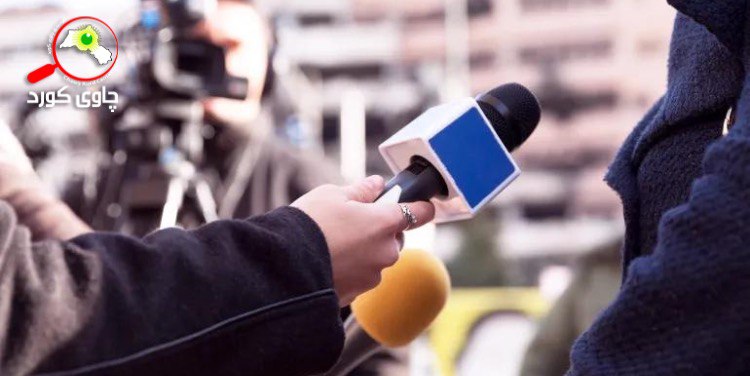It is said that a media research teacher once looked out the window at the autumn scene in his room and noticed the fall of one leaf after another. There is a curious boy who asks his father in a sad voice, “What if a leaf falls from a tree and the media, such as television or a newspaper, does not mention it or publish its picture?” Did the leaf really fall from the tree? Of course, this dialogue not only reflects the intelligence and accuracy of the researcher’s son, but also the media atmosphere that a caring researcher’s father has developed directly or indirectly at home. Although this story has been told in many ways, the essence of the story is the relationship between a real event and the media? Or take a step further and ask about the nature of the media: Is a media capable of covering all its events? And in this regard, what is an event in essence and what are the events that should be worthy of coverage in a media?
Stances on the first question: Did the leaf fall from the tree or do the media cover all the events? Considering these two parallel questions, we understand that the first question has a symbolic form and structure and the second question is realistic and idealistic, or let’s say the first question is childish and beautiful and the second question is idealistic children and adults. First, by looking at the question (whichever it is), we can talk about the role of the media. In its simplest and most general definition, the duty of the media is to inform, disseminate information, show the shortcomings present in the neighborhoods of society and criticize the discourses of power in all its manifestations. In the light of this definition, we can say that the task of the media is to create a progressive critical thought. The media primarily makes an issue (a forest fire, not just a leaf falling from a tree) a controversial event on its screen or by inviting the relevant officials and experts, presents the reasons, negligence, shortcomings and then solutions and suggestions. In the final stage, which is the presentation of proposals and solutions, the audience is also invited to comment.
Stances on the second question: Is the media able to cover all events? Basically, technically, no media can cover every event, even if it wants to, because it depends not only on the definition of the event (as I highlighted above), but also on the relationship with a very important concept of all being and space and movement accordingly and human activity, which is the concept of time. Therefore, we can say that the media as a subordinate institution has a certain scope for activity and coverage of events in time. So it can cover some events according to this time frame and make them on the agenda.
Stances on the third and final question: What is an event in essence and what are the events that should be worthy of coverage in a media? In the first and second stances, I gave a quick overview of event and made a brief reference to events. In fact, however, the definition of an event plays an important and decisive role in order for us to understand the nature and biases of a media and to read its plans and agenda in general. In the general definition, an event is a sudden and unusual event that affects in some way the way of life, soul and property, thinking, ethics and general outlook of society and the individual.





























































